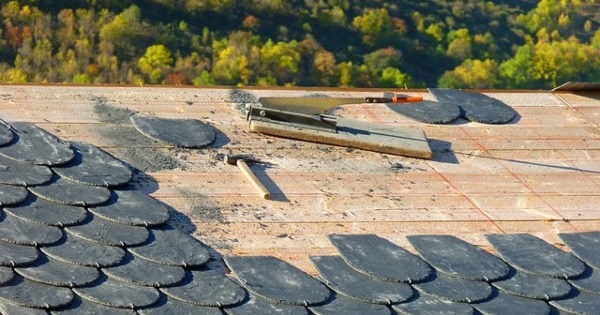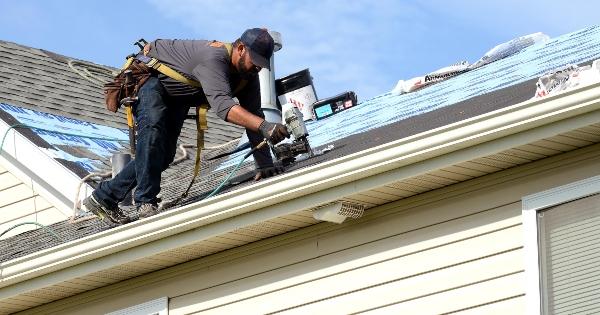The Homeowner’s Guide to Finding the Right Roofer – Part 3

By CertainTeed.
How to discuss and make a contract with your contractor.
In part two of this series, we talked about how to evaluate your list of contractors to find one committed to providing the best roofing system possible. Here we will go over a crucial next step in choosing your contractor: making the contract. Roofing contracts, also known as estimates or job proposals, are pretty simple. Still, you want to pay special care to evaluate each item in the contract. These details are more important than the final bill when it comes to roofing contracts.
Things you can expect to discuss with the contractor include: the different styles of shingles that you like, your color preferences, if you want any additional work performed – such as a new skylight or rain gutters. When weighing the various components detailed in the contract, pay particular attention to these four areas:
1 - Scope of work — The scope of work defines exactly what will be done and what materials and labor will be needed to accomplish the job, so review it carefully with your contractor to make sure it includes all of the materials and labor required. You should also take time to check if the work detailed meets the manufacturer’s warranty and installation requirements - including ventilation, low slope roofs and ice dam protection, if applicable.
2 - Duration of job — A common period from contract signing to job start is two to six weeks. Of course, this can vary greatly depending on the time of year and the contractor’s backlog. The contractor should be straightforward about availability from the start, so it is reasonable for you to expect a realistic time estimate. Once started, however, a job should not be interrupted for any reason other than weather. Ask the contractor how likely it is that an unforeseen circumstance could arise other than weather-related delays.
3 - Materials and Services — In addition to the basic roofing and the labor required for the job, make sure that the estimate includes all materials and services included in the job scope – such as ventilation installation, shingle underlayments and any other accessory products. Be sure to ask about permit acquisition fees, cleanup and disposal services too! Also make sure that the official names of the products are listed and that there is a reference to manufacturer warranties that will cover the products being used.
4 - Deposit/payment schedule — Deposit requirements vary from contractor to contractor. While it is not considered unreasonable to pay a deposit, you should never pay for the total job upfront. It also is not recommended the total deposit and progress payments equal more than 75 percent of the total job (some states regulate this amount). On a typical re-roofing project, it is not uncommon to pay an initial deposit, a second payment when the roofing materials are delivered, then a final payment upon job completion.
These factors allow the contractor to prepare a contract which addresses your specific needs and preferences. The scope of your project, as well as the products you prefer, will determine different price ranges and options that you can choose from. An important factor in evaluating a contract is how well it reflects what was discussed with the contractor, how comprehensive it is and the professionalism with which it is presented.
Although you may receive an estimate or proposal from your favorite contractor, you usually should obtain two additional proposals to help you determine which one is best for your particular project. Remember that you are not looking for the lowest bid, but rather the best value, and a trustworthy contractor.
Read part 4, all about worry-free warranties now that you know what to expect when it comes to a contract.
Have a question? AskARoofer.
Find your local roofing contractor in the RoofersCoffeeShop® Contractor Directory.
Original article source: CertainTeed









Comments
Leave a Reply
Have an account? Login to leave a comment!
Sign In